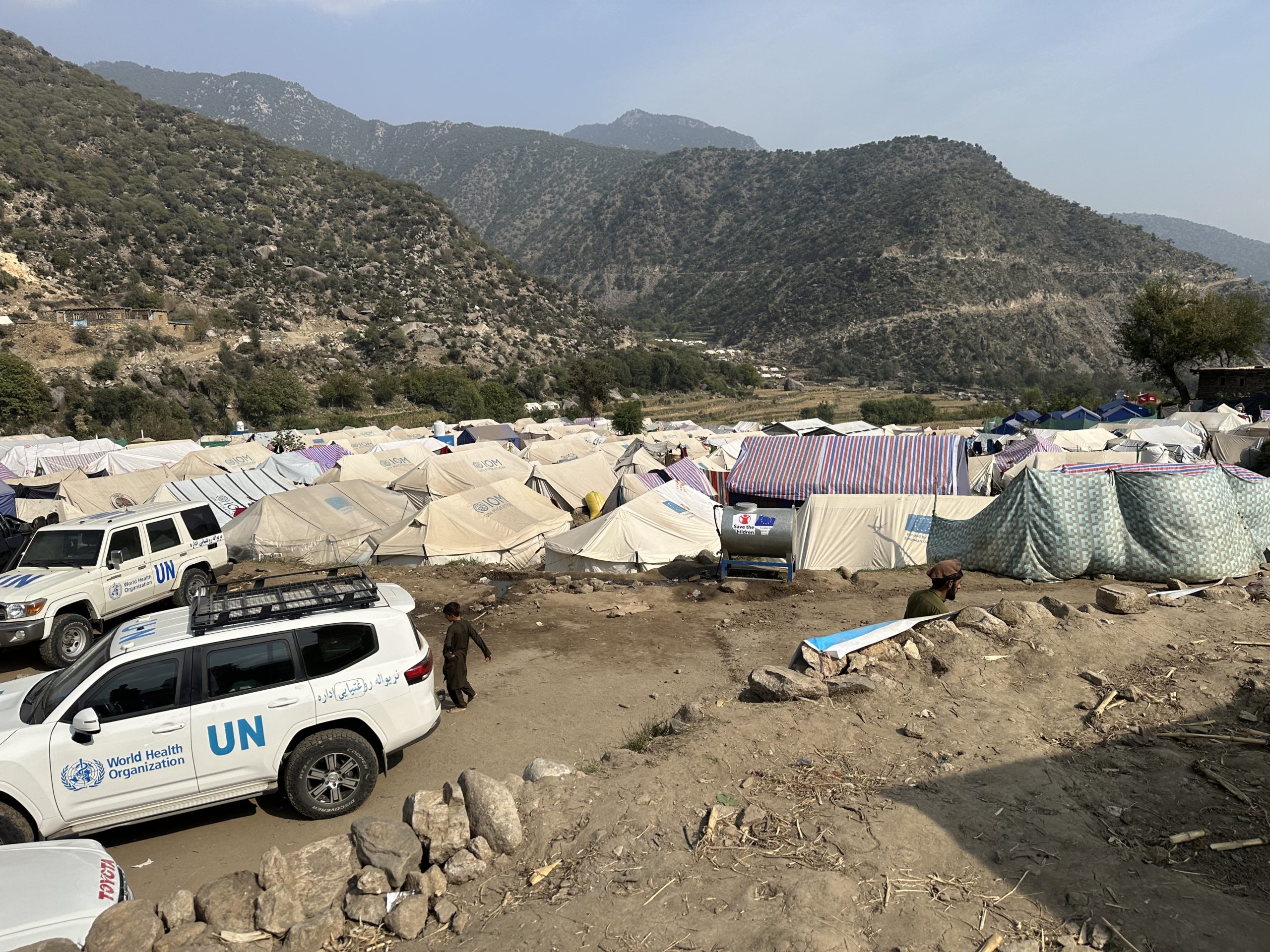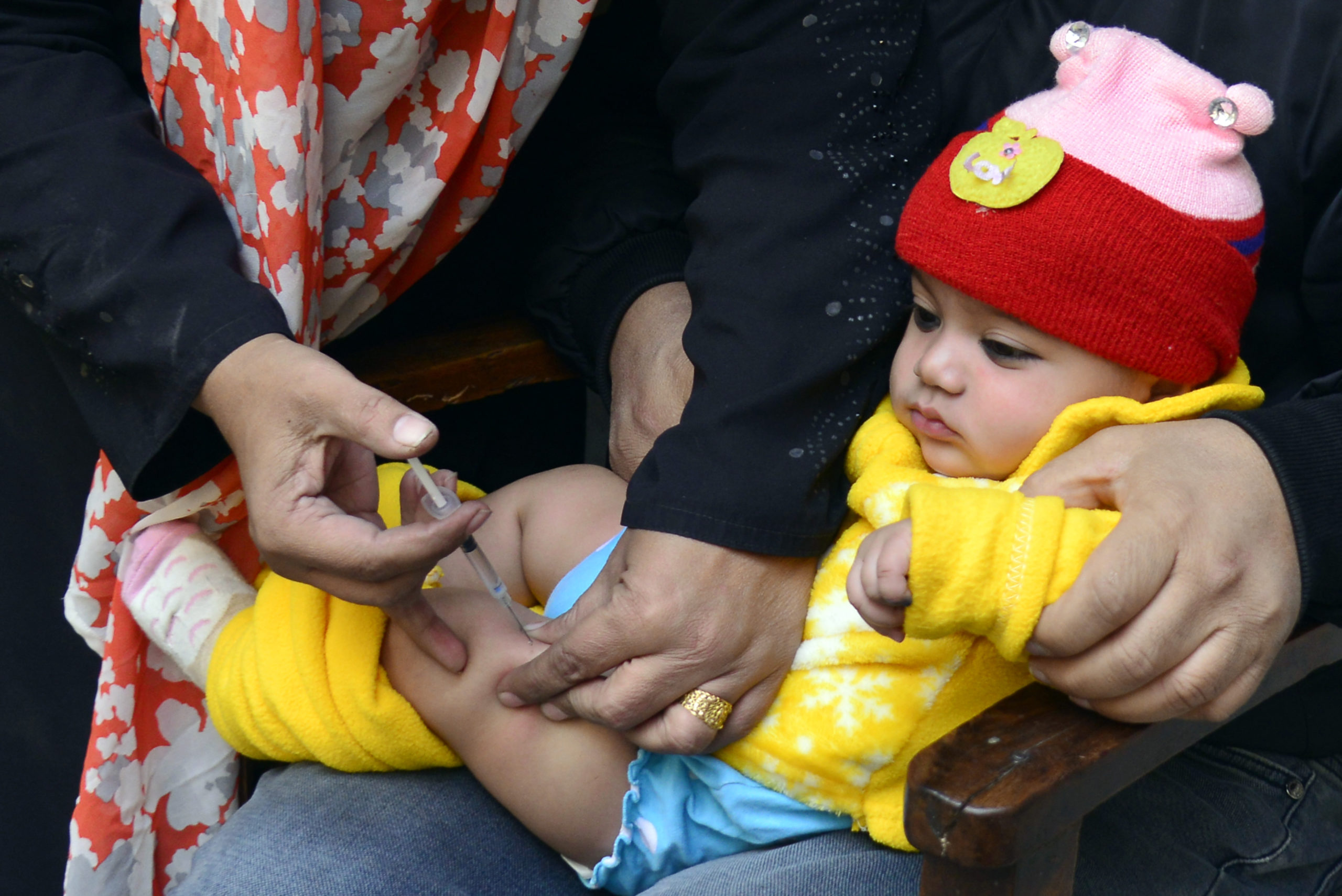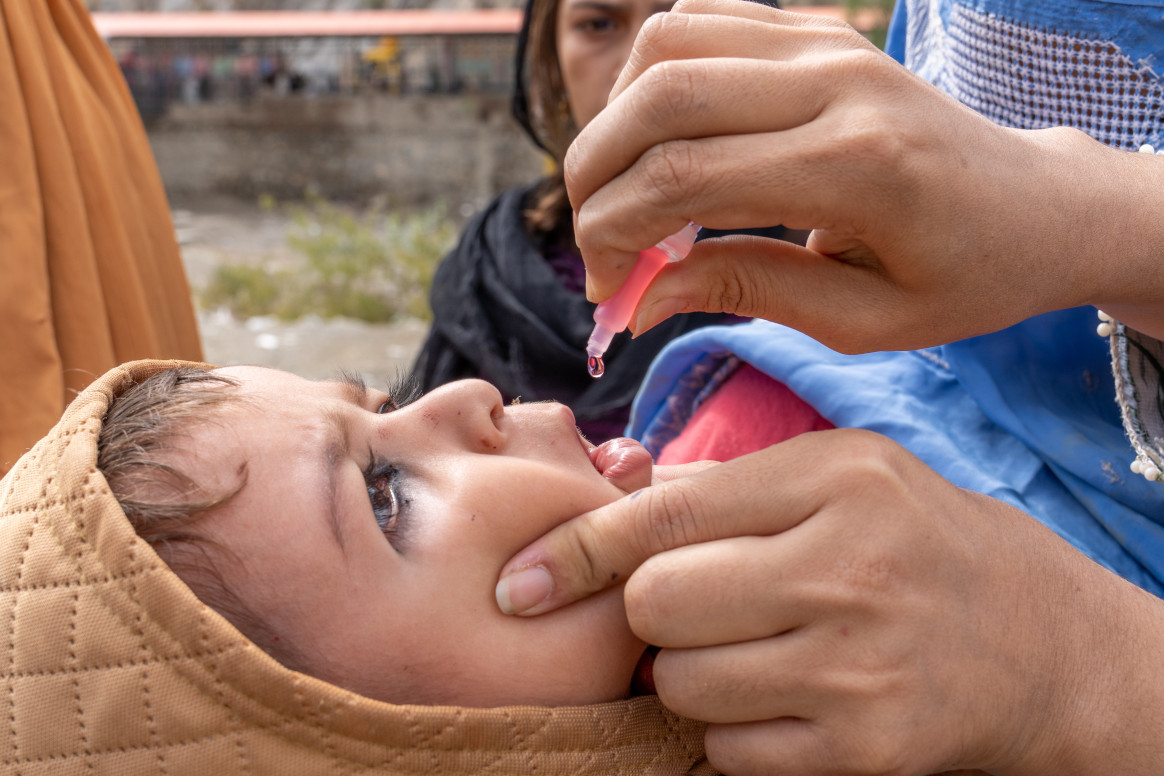Helping identify countries at risk of outbreaks

Outbreaks in previously polio-free countries are associated with devastating humanitarian and economic consequences. Over the past decade, outbreaks following importations into polio-free countries have caused more 3,000 cases, and resulted in outbreak response activities costing close to US$1 billion.
To minimize the risk and consequences associated with international spread of wild poliovirus to polio-free areas, the Global Polio Eradication Initiative (GPEI) is increasingly looking to mathematical modeling to help identify areas which are at particular risk.
A team of applied mathematicians, statisticians and epidemiologists from Imperial College London and the World Health Organization (WHO) have now studied the key factors which have led to past outbreaks, and correlated these against surveillance, demographic and population immunity level information, including population movement data to and from polio-infected areas. An area at particular risk which has been identified is the wild poliovirus ‘importation belt’ of sub-Saharan Africa, a region affected by large-scale population movements at particular risk due to ongoing endemic virus circulation in Nigeria, and intense transmission of re-established poliovirus in neighbouring Chad. The results have now been published in PLoS Medicine, by Dr Kathleen O’Reilly and colleagues.
These analyses and conclusions will now enable the formulation of country-specific forecasts of outbreak risks, which in turn will be able to help optimize resource allocation to strengthen capacity and minimize the risks.



